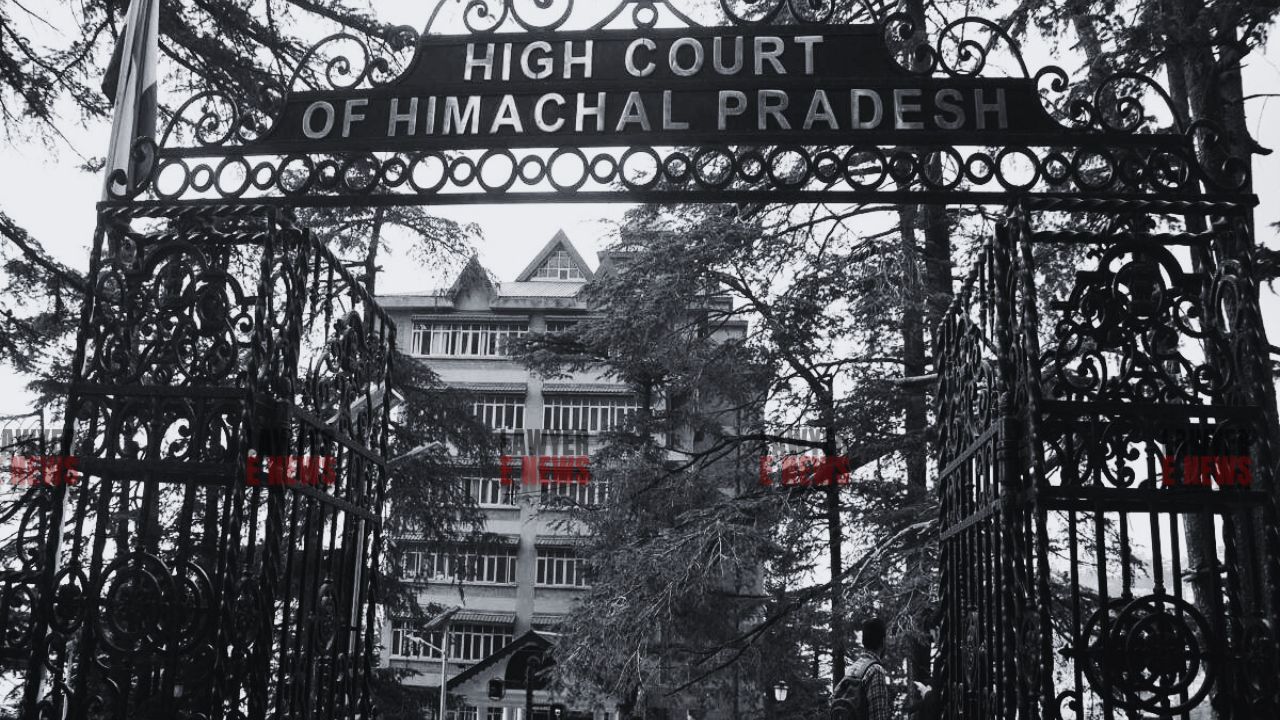-
by Admin
15 February 2026 5:01 PM



Himachal Pradesh High Court upholds the validity of the FIR against Praveen Ahuja under Section 306 IPC, emphasizing the crucial role of the suicide note and consistent evidence of intimidation.
The Himachal Pradesh High Court has dismissed a petition to quash the FIR against Praveen Ahuja, accused of abetment to suicide under Section 306 of the Indian Penal Code (IPC). The judgment, delivered by Justice Rakesh Kainthla, highlighted the significance of the suicide note and consistent evidence of threats and harassment by the accused, ultimately rejecting the claims of false implications.
The case centers around the tragic death of Sanjeev Sharma, who committed suicide on January 8, 2018. The petitioner, Praveen Ahuja, was accused of abetting Sharma’s suicide through continuous threats and harassment. According to the complainant, Sharma had financial dealings with Ahuja, who had previously beaten him and issued threats. A suicide note found in Sharma’s possession specifically named Ahuja as the cause of his extreme step, citing relentless blackmail and intimidation.
The court underscored the importance of the suicide note, which clearly attributed the cause of Sharma’s death to Ahuja. Justice Kainthla remarked, “The suicide note clearly shows that the present petitioner/accused was threatening and blackmailing the deceased, and the deceased had committed suicide due to the threats and the blackmail advanced to him.”
The court’s legal reasoning delved into the principles of abetment to suicide under Section 306 IPC. The judgment referred to several precedents, noting that for abetment to be established, there must be evidence of direct or indirect acts of instigation, incitement, or aiding the commission of suicide. The court found that Ahuja’s actions went beyond mere demands for repayment, constituting a continuous pattern of harassment, threats, and physical violence that drove Sharma to suicide.
Justice Kainthla emphasized, “The submission that the petitioner had not created the circumstances in which the deceased was left with no other option but to commit suicide is not correct.” He further stated, “The accused not only demanded the repayment of the loan but went a step further by threatening and blackmailing the deceased. Thus, it is not a case of mere demand but a case of harassment, blackmailing, and threats which can compel any person to commit suicide.”
The dismissal of the petition reinforces the judicial commitment to addressing abetment to suicide cases with the seriousness they warrant. The High Court’s decision upholds the validity of the FIR and the subsequent legal proceedings, sending a strong message about the legal consequences of threats and harassment. This judgment is expected to have significant implications for similar cases, highlighting the critical role of clear evidence and the judiciary’s stance on protecting individuals from coercive and harmful actions.
Date of Decision: August 1, 2024
Praveen Ahuja vs. State of Himachal Pradesh
